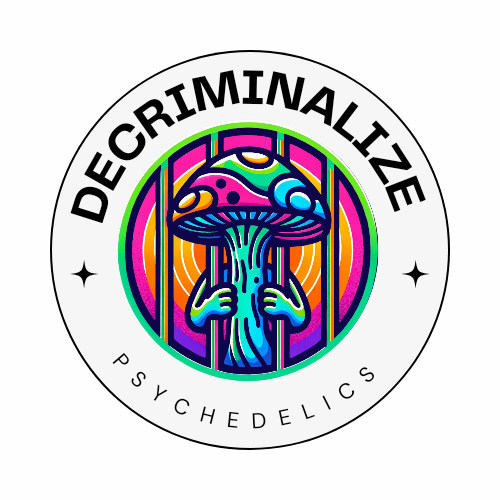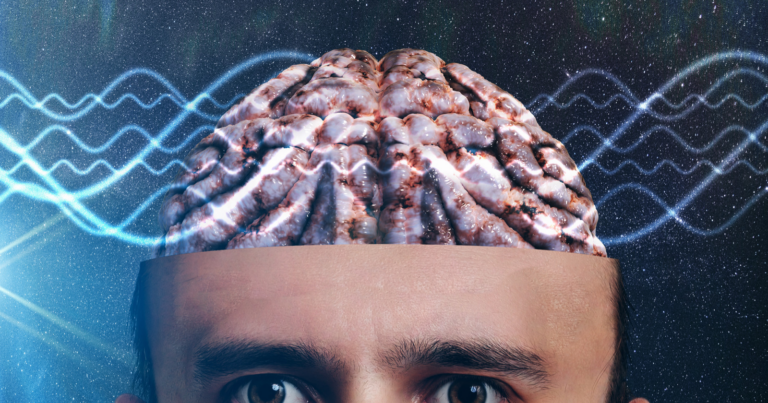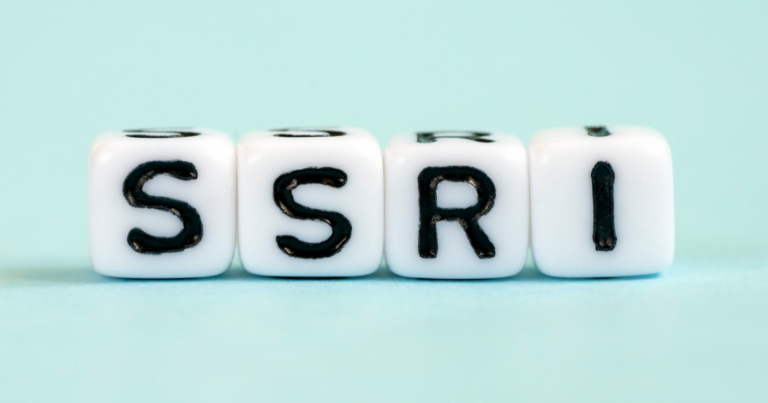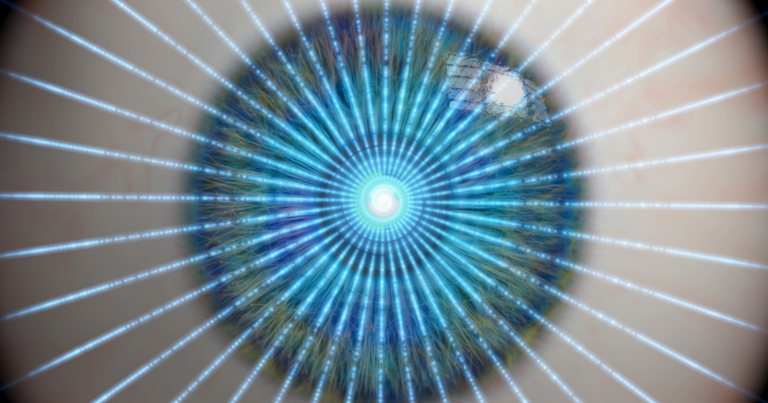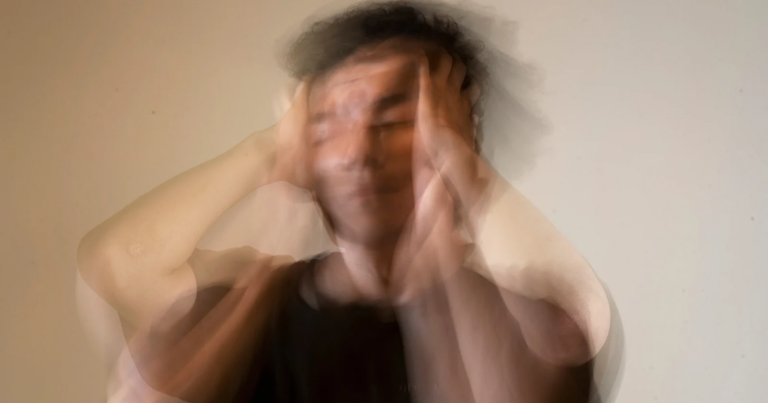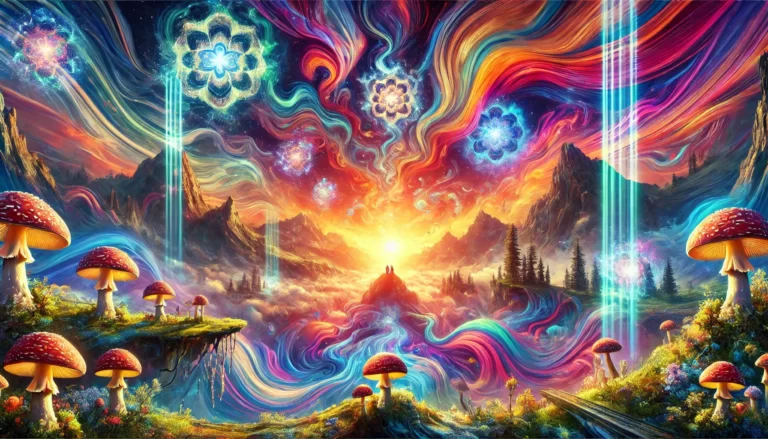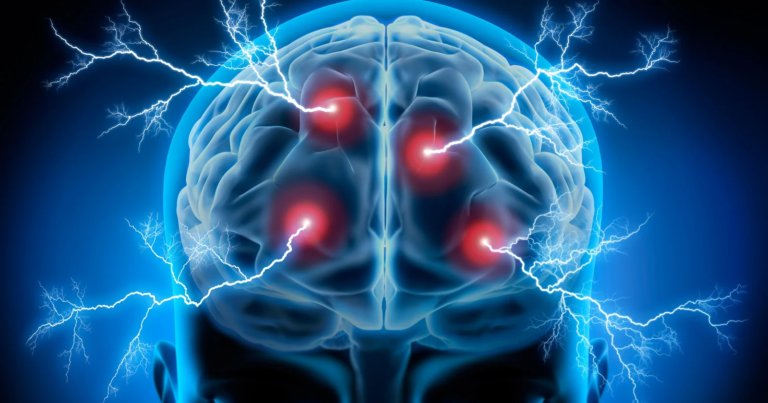Grief and loss are universal human experiences that profoundly impact our lives, reshaping our sense of self and challenging our understanding of the world.
Whether it’s the death of a loved one, the end of a relationship, or a major life transition, the process of grieving can be overwhelming, leaving us feeling lost, confused and alone.
But there has been growing interest in navigating grief and loss through psychedelics.
These powerful substances, when used in a guided and therapeutic setting, have shown promise in facilitating profound emotional and psychological shifts, allowing individuals to confront their pain and find a path towards healing and acceptance.
Let’s explore this further.
Understanding Grief and Loss
It is important to first understand the nature of these experiences. Grief is a complex and multifaceted emotion that can manifest in a variety of ways, including sadness, anger, guilt, and numbness.
It’s a natural response to loss, reflecting our deep emotional attachment to the person or thing that has been taken from us.
Loss, on the other hand, can take many forms, from the death of a loved one to the loss of a job, a home, or a sense of identity.
Regardless of its source, loss often triggers a cascade of emotions and challenges our fundamental beliefs about ourselves and the world around us.
The Promise of Psychedelic Therapy
Researchers and therapists have begun to explore the potential of psychedelic therapy as a tool for healing from grief and loss.
Psychedelics such as psilocybin, MDMA, and ayahuasca have shown promise in facilitating profound emotional breakthroughs and insights, allowing individuals to confront their pain and gain a new perspective on their experiences.
One of the most remarkable aspects of psychedelic therapy is its ability to dissolve the barriers of the ego, allowing individuals to access deeply buried emotions and memories.
In the context of grief and loss, this can be particularly powerful, as it enables individuals to confront their pain head-on and begin the process of healing.
The Role of Guided Therapy
Central to the effectiveness of psychedelic therapy is the role of trained therapists who help navigate grief and loss through psychedelics. These therapists create a safe and supportive environment in which individuals can explore their emotions and insights, offering reassurance and assistance as needed.
Guided psychedelic experiences typically involve one or more therapy sessions before and after the psychedelic experience itself.
During these sessions, therapists work with clients to explore their intentions, fears, and expectations, as well as to integrate the insights gained from the psychedelic experience into their daily lives.
Finding Healing and Acceptance
Countless individuals have found healing and acceptance through guided psychedelic experiences. For many, the experience of ego dissolution and emotional release provides a profound sense of relief, allowing them to let go of the pain and sorrow that has been weighing them down.
One individual, whom we’ll call Sarah, experienced the death of her husband in a tragic accident. Struggling to cope with her grief, she turned to psychedelic therapy as a last resort.
Through a series of guided sessions, Sarah was able to confront her pain and gain a new perspective on her loss. She described the experience as profoundly healing, allowing her to find peace and acceptance amidst the pain.
The Importance of Integration
While the psychedelic experience itself can be transformative, the real work begins in the days, weeks, and months following the experience. This process, known as integration, involves reflecting on and integrating the insights gained from the psychedelic experience into one’s daily life.
Integration may involve practices such as journaling, meditation, therapy, and community support, all of which help solidify and reinforce the healing process initiated by the psychedelic experience.
By integrating these insights into their lives, individuals can continue to grow and heal long after the psychedelic experience has ended.
Embracing the Journey
Navigating grief and loss is a deeply personal and often challenging journey. While there is no one-size-fits-all solution, guided psychedelic experiences offer a powerful tool for healing and acceptance.
By dissolving the barriers of the ego and facilitating profound emotional breakthroughs, psychedelics can help individuals confront their pain and find a path towards healing and growth.
But, it’s important to approach psychedelic therapy with caution and respect, and to seek out qualified therapists who can provide guidance and support throughout the process.
With the right support system in place, navigating grief and loss through psychedelics have the potential to offer profound healing and transformation to those struggling with grief and loss.
